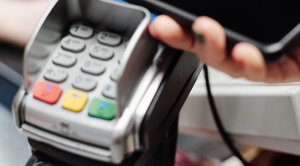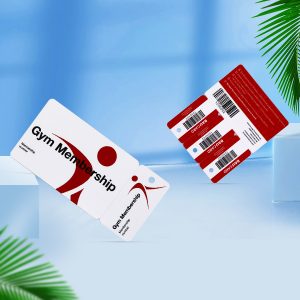About five years after the Motorcycle Industry Association (MCIA) launched its MASTER Security Scheme package for protecting motorcycles from theft in the United Kingdom, technology provider Datatag is now in conversations with numerous British police departments as they consider expanding the system to other vehicles, such as smaller motorized bikes. MASTER is an acronym for Motorcycles and Scooter Tagged Equipment Registration. The solution consists of multiple technologies, including two 125 KHz low-frequency (LF) RFID tags per motorcycle that can be interrogated to prove its authenticity and status.
Datatag first began providing its anti-theft solution to Yamaha during the 1990s. The technology is now also used in the construction industry, as well as for boating and other markets.
The motorcycle-based MASTER Security Scheme system has been adopted by the majority of U.K. motorcycle manufacturers on machines exceeding 125 cubic centimeters. The system is installed on all motorcycles pre-sale or pre-delivery by the dealer with the exception of Suzuki bikes, for which the system is installed during manufacture. It is aimed at providing a layered approach of identification and deterrence for thieves, so that fewer bikes will be stolen, and so that those stolen can more easily be identified. The system consists of RFID technology, as well as microscopic Datadots—disks with tiny identification tags etched on them, also known as microdots—as well as ultraviolet (UV) etching that can be detected via a UV lamp, and printed, tamper-evident warnings indicating the technology is present.
The MCIA, the United Kingdom’s official association of motorcycle manufacturers and dealers, began looking into theft prevention solutions around 2012. At that time, approximately 26,000 motorcycles were being stolen annually—most of them midsized bikes less than three years old. The association recommended a technology-based solution for manufacturers that sell motorcycles based on advice from police regarding stolen vehicles. Datatag also offers a retrofit solution for owners to install on older machines.
The MASTER Security Scheme system was taken live in 2013, with 50,000 motorcycles tagged during that first year. Since that time, says Dave Luscombe, Datatag’s strategic alliance manager, the incidence of theft has dropped from 2.8 percent of all motorcycles in 2012 to less than 1 percent this year. This makes MASTER Scheme-protected bikes six times less likely to be stolen, he says, and has made the recovery of stolen motorcycles three times more likely. This year, 42,254 new bikes came equipped with the technology between January and July, only 78 of which were stolen, according to Datatag. On the other hand, the company notes, of the 24,169 scooters and other motorcycles not equipped with the system, 285 were stolen.
The technology is designed to uniquely identify each motorcycle and many of its parts. Every bike is provided with a tamper-evident warning label attached to its frame, near the vehicle identification number on the right-hand side. The label displays a MASTER Security Scheme unique number, along with a QR code. Using a smartphone to scan the QR code produces information about the motorcycle’s make, model and registration number, as well as whether or not there is any police interest in that bike (in other words, if there is reason to suspect it has been stolen). This data is all stored in Datalog’s software, hosted on its own server.
If there is, in fact, police interest in the vehicle, the user can view information indicating how to contact the police to learn more. In that way, potential buyers could use the QR code to confirm that a bike has not been stolen, and whether it is properly identified—such as the correct make and model, as indicated by the ID number—before completing a transaction.
There are several LF RFID tags attached to each bike in various locations. The tags were designed and manufactured by a third-party specifically for this purpose, Luscombe explains. “Datatag uses secure RFID tags with unique hexadecimal numbers permanently lasered [laser-printed] into their integrated circuit during production,” he states. This process, he explains, “gives us an excellent read range for a passive transponder” that operates at low-frequency.
Each tag’s unique ID number links to the specific motorcycle’s ID information in Datatag’s software, residing on its own database. Police officers and some dealers are equipped with a Datatag RFID reader that can be used to interrogate the tags.
If an officer finds a motorcycle or electric scooter with seat that may arouse his or her suspicion, he or she can view the label indicating MASTER Security Scheme technology is present. The officer can hold the RFID reader within about 6 to 12 inches of the tags on the bike to learn details, including whether the motorcycle has been reported stolen, and whether its description matches the make and model of the vehicle to which the tags are attached. The reader captures the unique ID number and forwards it to the software via a cellular connection, and the resulting data is then displayed on the reader screen. This provides more automated access to data than the scan of a QR code, the company reports.






